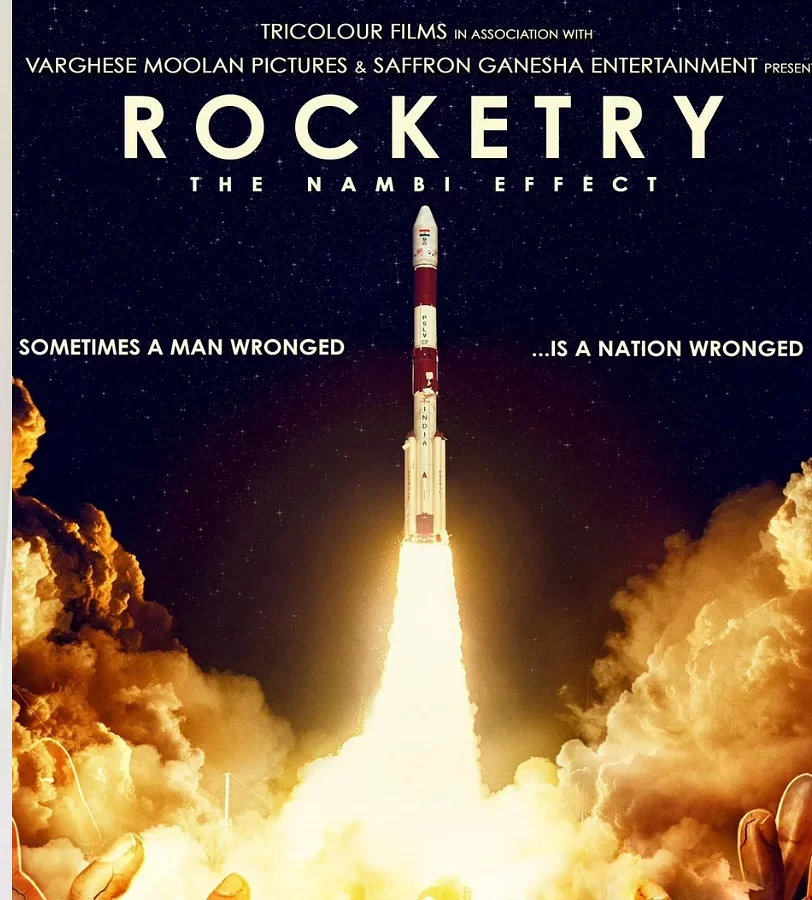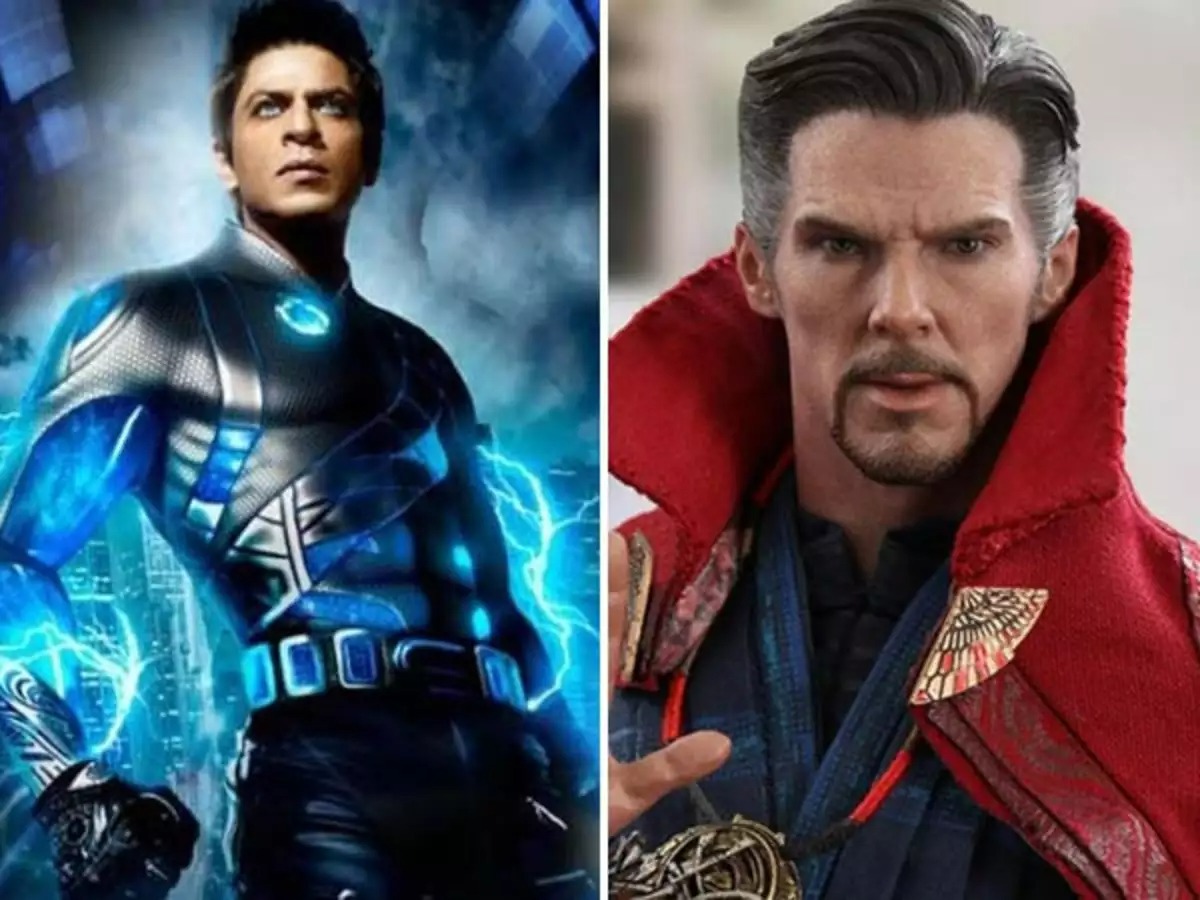MUMBAI: Doomsayers often predict classical music will go the way of CD shops and dodo birds, but someone forgot tell this to the people who organise festivals.
From one end of Europe to the other, this is a banner year to hear lesser-known sacred works of Mozart. Dive into the mystical, spiritual compositions of Messiaen, sample the musical anarchism of Luigi Nono or stick to the mainstream.
What’s more, festivals are happening just about everywhere, from the glorious surroundings of Salzburg, Budapest, Paris and London to smaller gems like Dijon and Bergen .
Following is a brief of what’s on for the next few months:
Mozart Week 2008 – Sacred Works Composed in Salzburg
“The sacred works of Mozart are such a key element of his whole writing. He spent mostly all of his life with sacred music and he wrote it not only when asked but also for himself….This is why this is so key for Mozart and why we want to put his sacred works on,” says International Mozarteum Foundation artistic director Stephan Pauly. This Foundation has a superb lineup of orchestras, singers and soloists for Mozart and works by other composers as well.
Expect great things from Pierre-Laurent Aimard, the French pianist and artist in residence, conductors including Ivan Fischer, Sir Charles Mackerras and Ivor Bolton, violinist Gidon Kremer, the Artemis Quartet and too many vocalists to mention.
For details visit: www.mozarteum.at/default.asp?SID=516740157105951&deflng=en
Messiaen 100th Birthday Year 2008
Olivier Messiaen incorporated birdsong in his music and wrote the searing Quartet for the End of Time in a prison camp after France fell to the Nazis in World War II. This is the 100th year of his birth and a chance for people who know his work – and those who don’t – to come to grips with one of the great musical voices of the 20th century, who died in 1992.
In Paris, the Ensemble Intercontemporain, conducted by Susanna Maikki, performs Messiaen’s ode to the eerie Bryce Canyon in Utah , Des canyons aux etoiles, at the Cite de la Musique on 31 January, then takes it to London for a performance at the Royal Festival Hall on 2 February.
The ubiquitous Aimard is at the piano for Quartet for the End of Time with the Nash Ensemble, at London’s South Bank, on 3 February.
For details visit: www.messiaen2008.com
Budapest Spring Festival, 14-30 March
For more than 25 years, the Hungarian capital has put a spring in the step of music lovers — even when the weather is less than spring-like — with its eclectic and distinctly Central European music and arts festival beginning in March.
This year there is plenty for the star gazers to drool over, including a Puccini recital by tenor Roberto Alagna on 28 March and a recital by violinist Maxim Vengerov the day before.
What’s Hungarian about that, you say? Throughout the festival, one of the star attractions is the Budapest Festival Orchestra, formed in 1983 and a regular in world concert halls.
“When the BFO was founded the Budapest Spring Festival was one of the strongest supporters of the idea to try to establish in Hungary a new orchestra of the highest standards,” says BFO executive director Tamas Koerner. “We are proud of this history and our regular presence is always an important event of our annual schedule.”
For details visit: www.budapestspringfestival.com
Fragments of Venice – Luigi Nono
A masterpiece of 20th century music, or unfathomable claptrap from an anarchist-communist composer of agit-prop? London audiences get to decide firsthand for the first time with the belated British premiere of the 1984 “anti-opera”, Prometeo, by the Venetian composer Luigi Nono who died in 1990.
Two back-to-back performances of this work for multiple orchestras, voices, narrators and synthesised sound on 9 & 10 May at the Royal Festival Hall.
For details visit: www.southbankcentre.co.uk/festivals-series/nono-fragments-of-venice




